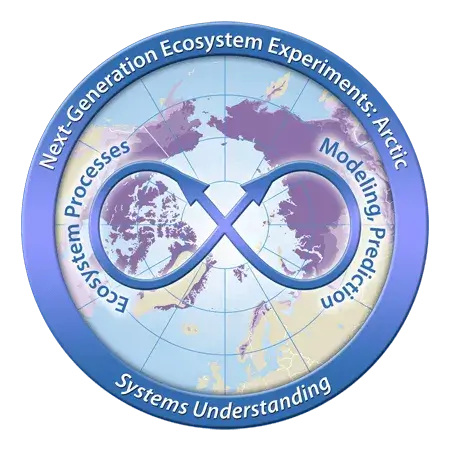Zheng, Jianqiu, et al. “Quantifying PH Buffering Capacity in Acidic, Organic-Rich Arctic Soils: Measurable Proxies and Implications for Soil Carbon Degradation”. Geoderma, vol. 424, 2022, p. 116003, https://doi.org/10.1016/j.geoderma.2022.116003.
David Graham
First name
David
Last name
Graham
Identity Disambiguation
Affiliation(s)
Open Researcher and Contributor ID (ORCID)
Web of Science
2022
2021
- Roy_Chowdhury, Taniya, et al. “Temporal, Spatial, and Temperature Controls on Organic Carbon Mineralization and Methanogenesis in Arctic High-Centered Polygon SoilsData_Sheet_1.Docx”. Frontiers in Microbiology, vol. 11, 2021, https://doi.org/10.3389/fmicb.2020.61651810.3389/fmicb.2020.616518.s001.
2020
2019
2018
- Zheng, Jianqiu, et al. “Impacts of Temperature and Soil Characteristics on Methane Production and Oxidation in Arctic Polygonal Tundra”. Biogeosciences Discussions, 2018, pp. 1-27, https://doi.org/10.5194/bg-2017-56610.5194/bg-2017-566-supplement10.5194/bg-2017-566-RC110.5194/bg-2017-566-RC210.5194/bg-2017-566-AC110.5194/bg-2017-566-AC2.
2017
- Grant, Robert F., et al. “Mathematical Modeling of Arctic Polygonal Tundra With Ecosys: 1. Microtopography Determines How Active Layer Depths Respond to Changes in Temperature and Precipitation”. Journal of Geophysical Research: Biogeosciences, vol. 122, no. 12, 2017, pp. 3161-73, https://doi.org/10.1002/2017JG004035.
2016
- Tang, Guoping, et al. “Biogeochemical Model of Carbon Dioxide and Methane Production in Anoxic Arctic Soil Microcosms”. Biogeosciences Discussions, 2016, pp. 1-31, https://doi.org/10.5194/bg-2016-20710.5194/bg-2016-207-supplement10.5194/bg-2016-207-RC110.5194/bg-2016-207-RC210.5194/bg-2016-207-RC310.5194/bg-2016-207-AC110.5194/bg-2016-207-AC2.


